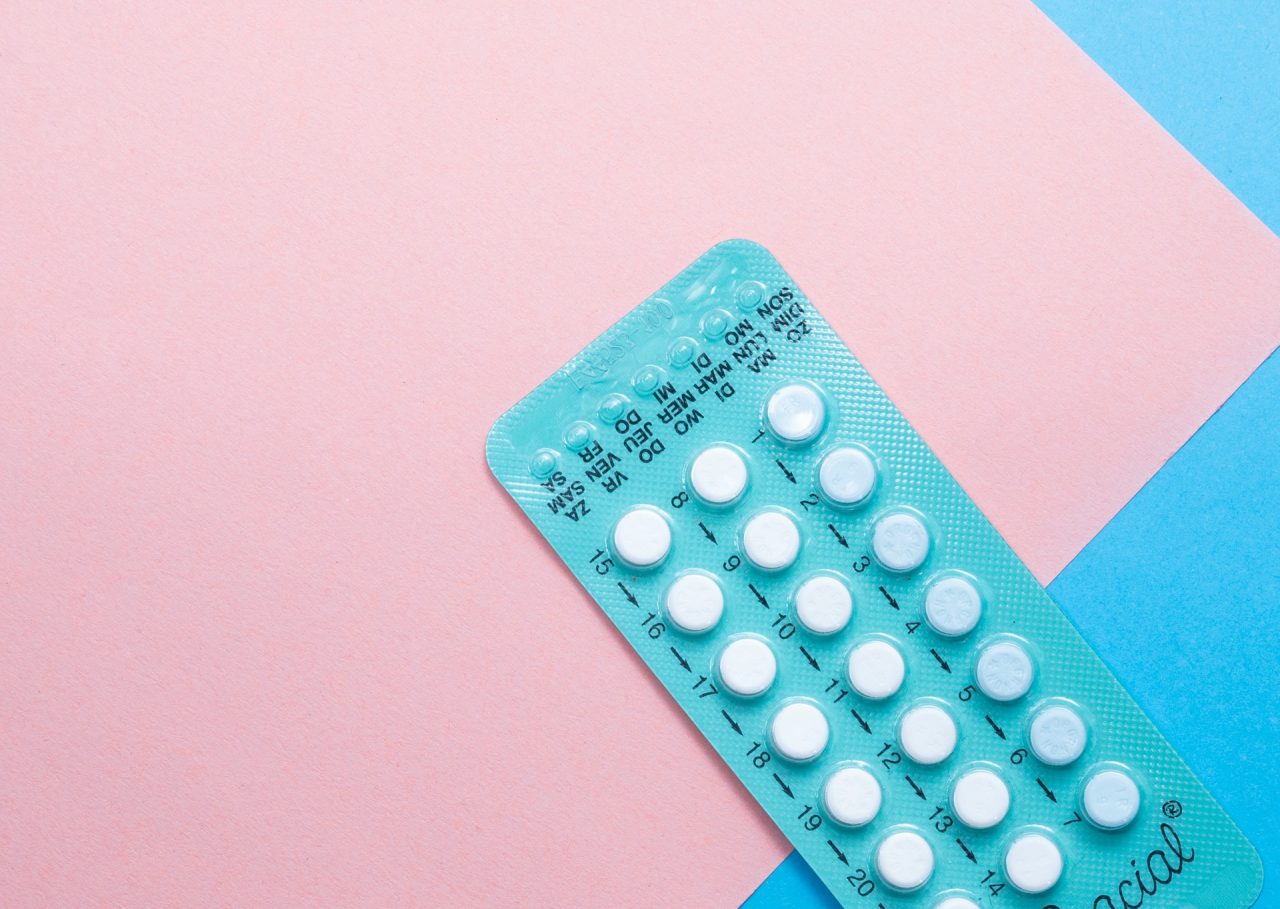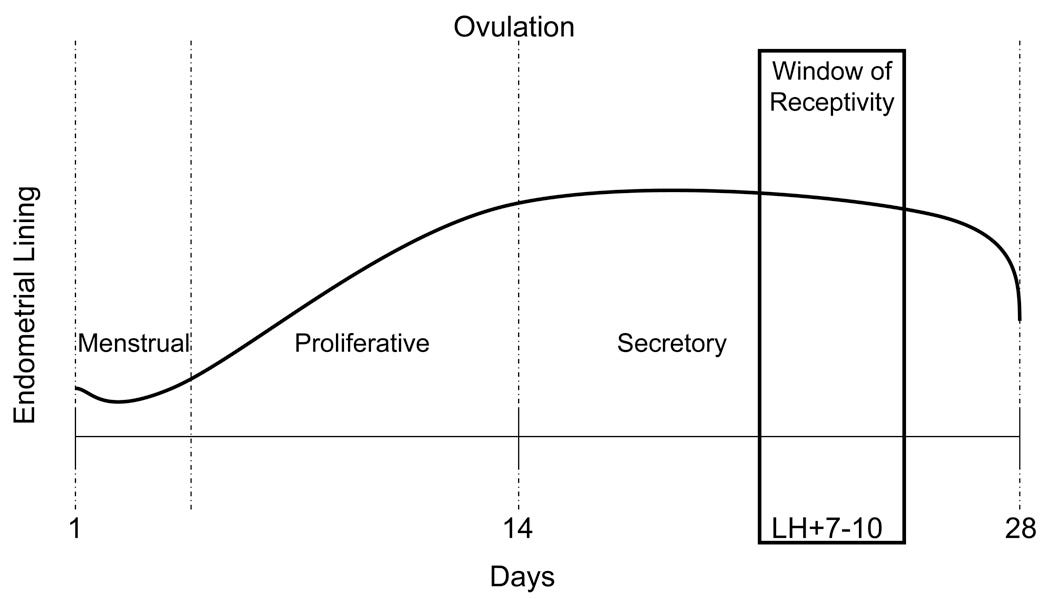The possibility of eliminating periods with hormonal contraceptives had never occurred to me until January 2019, when the Faculty of Sexual and Reproductive Healthcare updated its guidelines on combined hormonal contraception. The update highlights the lack of health benefits of the 7-day hormone-free interval and states that women can safely skip it to avoid menstruating. A short Google search uncovered the fact that many users of the combined pill were already taking it without pause.
Prompted by this new information, I also went ahead to discover that the use of the combined pill without pause isn’t the only method to eliminate periods. While other hormonal contraceptives offer this possibility too, this isn’t exactly common knowledge.
So in this piece, I explore the menstrual cycle, the safety of eliminating periods with hormonal contraceptives, the different options, and the benefits of living period-free.
Basics of the Menstrual Cycle
The menstrual cycle is a complex, coordinated sequence of events involving the hypothalamus, anterior pituitary, ovaries, and endometrium.
The process begins at the hypothalamus, an area in the center of the brain that, together with the anterior pituitary, plays an important role in reproduction. The hypothalamus secretes gonadotropin-releasing hormone (GnRH), which stimulates the anterior pituitary to secrete follicle-stimulating hormone (FSH) and luteinizing hormone (LH). FSH and LH stimulate the ovaries to produce estrogen and progesterone, which will influence ovulation and endometrium growth and decline during the menstrual cycle.
The endometrium goes through three main phases during the menstrual cycle:
- The menstrual phase, where the endometrium is shed due to low estrogen levels.
- The proliferative phase, where estrogen levels begin to rise and the endometrial lining thickens.
- The secretory phase, which we can divide again into three sub-phases:
- The early secretory phase, where progesterone levels begin to rise after ovulation, which leads to the secretion of glycogen and mucus.
- The mid-secretory phase, where the endometrium becomes decidualized and receptive to a fertilized embryo.
- The late secretory phase, where, in the absence of pregnancy and the accompanying drop in both estrogen and progesterone, the endometrium shrinks and returns to the menstrual phase.
Why are We This Way?
Monthly periods are a rarity across the animal kingdom. Most species possess an endometrium that thickens in response to a successfully fertilized egg. Primates, some species of bats, and elephant shrews, on the other hand, have an endometrium that thickens according to hormonal cycles.
This unique characteristic seems to have evolved as a way to prevent fertilized eggs from burrowing straight into the lining of the uterus, where the main blood supply is. An already thick endometrium provides enough time to detect faulty fetuses and push them out, thereby avoiding the waste of the parent’s resources. This is beneficial because around 70% of human embryos have genetic abnormalities—around 10 times higher than other mammals.
Hormonal Contraception that Eliminates Periods
Hormonal contraception targets progesterone and estrogen receptors in the body with synthetic versions of these hormones that make us unable to get pregnant while we take them.
Progestins are a synthetic form of progesterone that prevent the endometrium from building up, suppress ovulation, and make the cervical mucus thicker—so that sperm have a harder time swimming. Progestin-only contraceptives are able to eliminate periods only for a subset of users, though; the rest may suffer irregular periods or sporadic spotting. Combined contraceptives, on the other hand, use synthetic estrogens in combination with progestins to make bleeding—or lack thereof—more predictable in a greater subset of people.
In any case, periods will happen a few days after the intake of synthetic estrogen and progesterone stops. The sudden drop of these hormones automatically triggers the late secretory phase of the endometrium. So, to prevent periods, one should, in principle, maintain a constant level of these hormones over time.
Various options are at hand to achieve this:
- The combined pill without pause
- Extended-cycle or continuous regimen pills
- Progestin-releasing IUD
- Progestin injection
- Progestin implant
But, aren’t Periods Natural?
Yes. But natural isn’t the same as biologically necessary or beneficial.
Human periods are only a result of the sheer volume of tissue that human wombs develop in anticipation of pregnancy. Other mammals develop such thin uterine linings that if no pregnancy occurs, they can reabsorb it. In our case, though, it’s just easier to expel it.
Nowadays, we know that the hormonal cycle has no other function than to aid reproduction and that modifying it has no real negative repercussions on the body. Menstruation is just a byproduct of this cycle, with no real benefit and many downsides, like restrictions on work and social life or iron deficiencies. At best, it’s a nuisance, and at worst, it’s a debilitating process that, in some countries, makes women a target of social stigma, shame, and prejudice.
Eliminating periods has, on the other hand, many benefits. No bleeding means no waste of money on tampons or pads and, generally, an improvement in quality of life. It means fewer worries during travel and hobbies and no random pains. Having no periods can also prevent anemia, menstrual migraines, and ovarian cysts. Last but not least, it can clear the skin and lower the risk of some cancers.
Why isn’t the Elimination of Periods More Popular?
Mainly a lack of sufficient sexual education and information on contraception worldwide. While around 214 million women in developing countries simply lack access to proper contraception, even women from developed nations suffer from the prevalence of social misconceptions and knowledge deficits among health care providers.
But, despite this, it is still a good idea to consult a doctor when interested in trying any type of contraception. However, more information can always be found online, too.
Final Words
Eliminating periods with hormonal contraceptives is an action that gives women another avenue of bodily self-determination and choice. Our biology allows us a hack that’s beneficial not only to our health but also to our quality of life! Information about the safety of this possibility and how needless the discomfort and symptoms of menstruation are is, therefore, worth sharing.


